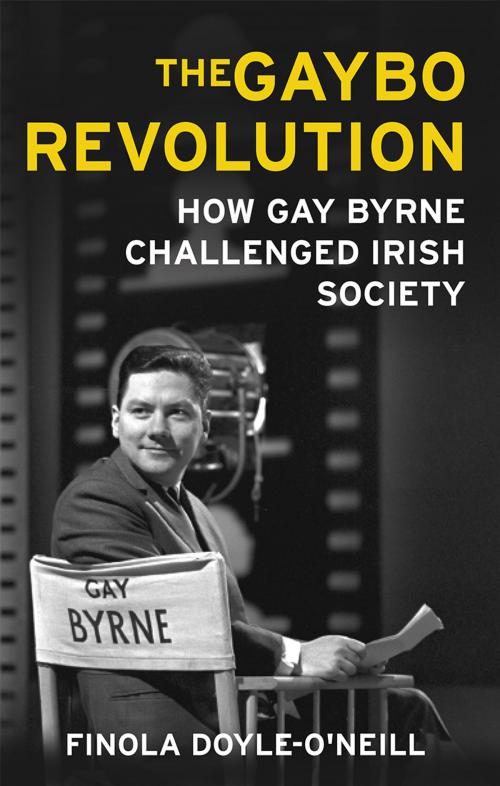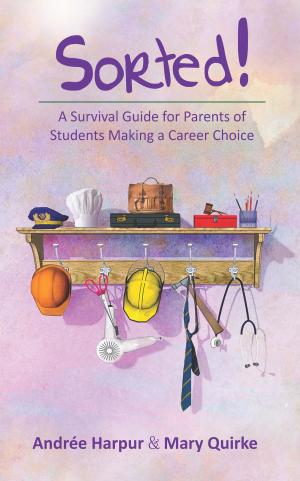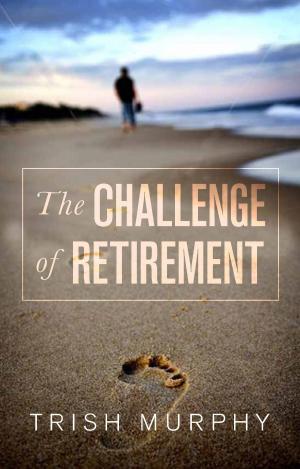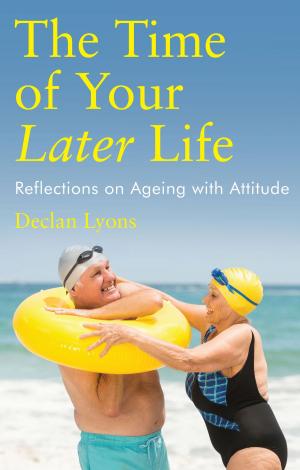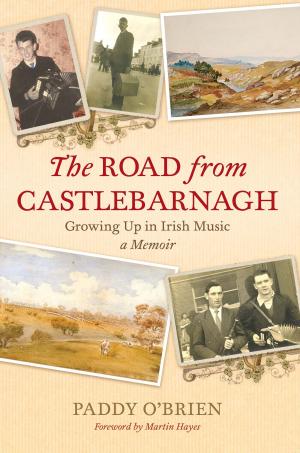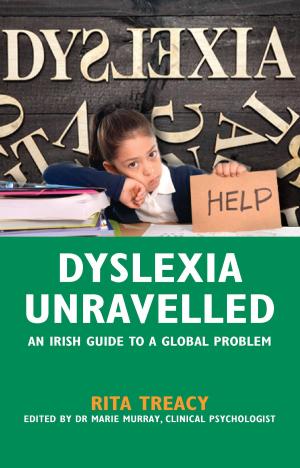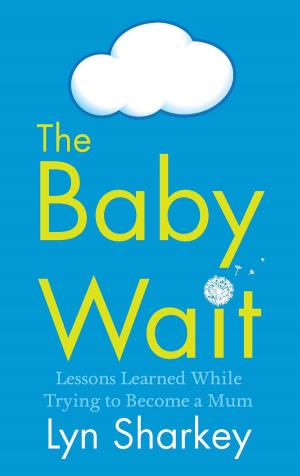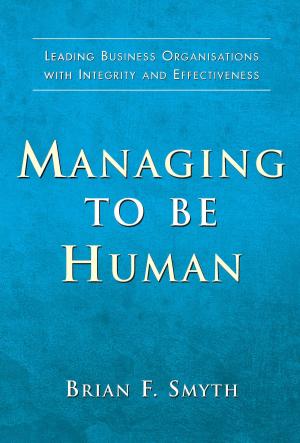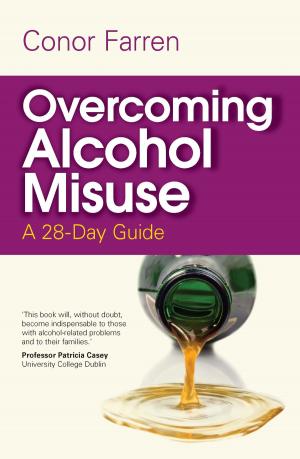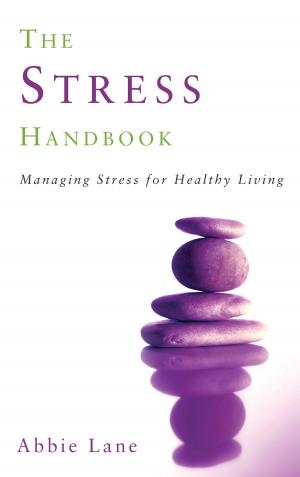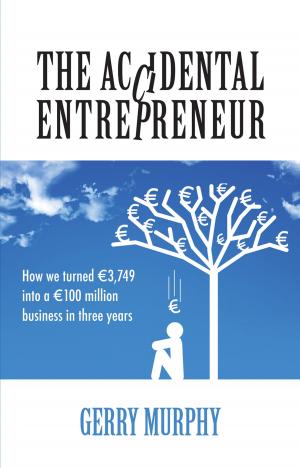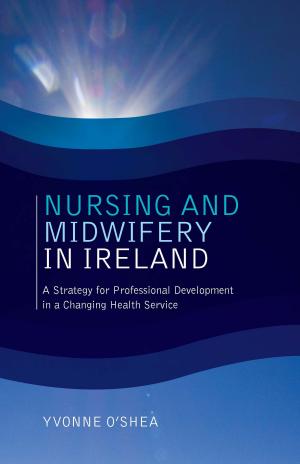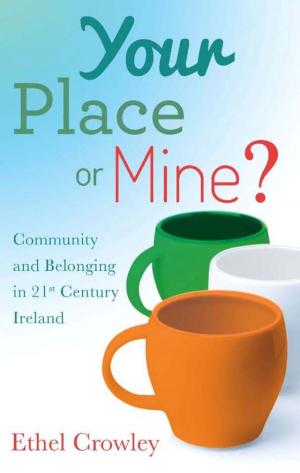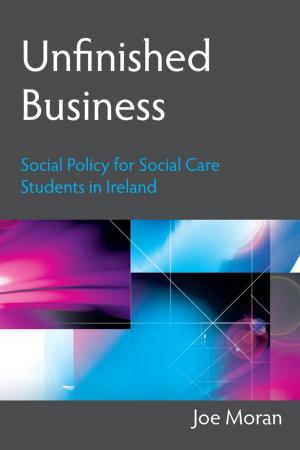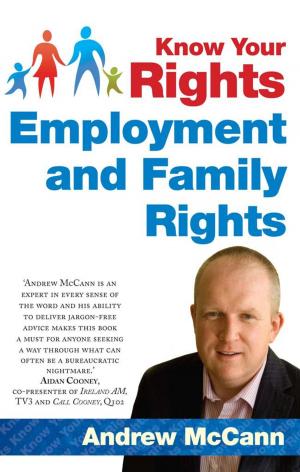The Gaybo Revolution
How Gay Byrne Challenged Irish Society
Nonfiction, Entertainment, Performing Arts, Television, Biography & Memoir, Composers & Musicians, Social & Cultural Studies, Social Science, Cultural Studies| Author: | Finola Doyle O’Neill | ISBN: | 9781786050090 |
| Publisher: | Orpen Press | Publication: | August 30, 2017 |
| Imprint: | Language: | English |
| Author: | Finola Doyle O’Neill |
| ISBN: | 9781786050090 |
| Publisher: | Orpen Press |
| Publication: | August 30, 2017 |
| Imprint: | |
| Language: | English |
It is no exaggeration to call Gay Byrne a colossus of the Irish broadcasting scene. Throughout the latter half of the twentieth century, as host of both the Late Late Show and the Gay Byrne Show, he played a seminal role in the shift in Irish society and culture from the Church-dominated fearful state of the early 1960s to the modern multicultural Ireland we live in today.
The Gaybo Revolution examines the significance of Gay Byrne's influence on this maturation of Irish society, while simultaneously highlighting the centrality of the talk show genre in Irish life. Equally reviled and revered, Byrne has been referred to as "the great window-opener" and a "media lay priest". But his influence in single-channel Ireland is undeniable. Using letters to the editor, media articles, recent studies of Irish culture, quotes from Byrne himself and a re-examination of the original broadcasts, The Gaybo Revolution explores how Byrne and his talk shows, on both radio and television, provided a forum for popular debate and acted as catalysts for change in Irish life. It analyses and discusses the impact on Irish society of such controversies as Church denunciations of the Late Late Show, the Brian Trevaskis affair, the development of the Irish Women's Liberation Movement, the Ann Lovett letters, and the seminal interviews with Annie Murphy, Pádraig Flynn and Terry Keane.
In the final section of the book, the modern history of the Late Late Show, the development of Irish TV and radio talk shows in the post-Byrne era and the contrasting nature of TV talk shows in the UK and US are explored.
The Gaybo Revolution will appeal to all those who wish to understand the evolution of Irish society and culture in the late twentieth century and the substantial impact of Irish media on this change.
Dr Finola Doyle-O'Neill is a broadcast historian with the School of History at UCC where she lectures in Ireland's Film and Media History. She wrote a chapter in Ordinary Irish Life: Music, Sport and Culture (Irish Academic Press, 2013), has contributed widely to public debates and conferences on Ireland's media history, and was convenor of TV50, a collaboration between UCC and RTÉ celebrating 50 years of television in Ireland. She chairs the board of the Undergraduate Arts and Media Awards and is a board member of the Cork Film Festival and the UCC Board of Film Studies. She is currently archiving the contents of the Irish Radio Museum at Cork City Gaol.
It is no exaggeration to call Gay Byrne a colossus of the Irish broadcasting scene. Throughout the latter half of the twentieth century, as host of both the Late Late Show and the Gay Byrne Show, he played a seminal role in the shift in Irish society and culture from the Church-dominated fearful state of the early 1960s to the modern multicultural Ireland we live in today.
The Gaybo Revolution examines the significance of Gay Byrne's influence on this maturation of Irish society, while simultaneously highlighting the centrality of the talk show genre in Irish life. Equally reviled and revered, Byrne has been referred to as "the great window-opener" and a "media lay priest". But his influence in single-channel Ireland is undeniable. Using letters to the editor, media articles, recent studies of Irish culture, quotes from Byrne himself and a re-examination of the original broadcasts, The Gaybo Revolution explores how Byrne and his talk shows, on both radio and television, provided a forum for popular debate and acted as catalysts for change in Irish life. It analyses and discusses the impact on Irish society of such controversies as Church denunciations of the Late Late Show, the Brian Trevaskis affair, the development of the Irish Women's Liberation Movement, the Ann Lovett letters, and the seminal interviews with Annie Murphy, Pádraig Flynn and Terry Keane.
In the final section of the book, the modern history of the Late Late Show, the development of Irish TV and radio talk shows in the post-Byrne era and the contrasting nature of TV talk shows in the UK and US are explored.
The Gaybo Revolution will appeal to all those who wish to understand the evolution of Irish society and culture in the late twentieth century and the substantial impact of Irish media on this change.
Dr Finola Doyle-O'Neill is a broadcast historian with the School of History at UCC where she lectures in Ireland's Film and Media History. She wrote a chapter in Ordinary Irish Life: Music, Sport and Culture (Irish Academic Press, 2013), has contributed widely to public debates and conferences on Ireland's media history, and was convenor of TV50, a collaboration between UCC and RTÉ celebrating 50 years of television in Ireland. She chairs the board of the Undergraduate Arts and Media Awards and is a board member of the Cork Film Festival and the UCC Board of Film Studies. She is currently archiving the contents of the Irish Radio Museum at Cork City Gaol.
